Sworn into office on 26th January, 1950, he was the first president of independent India. And after being re-elected in 1957, he is the only one in history to hold office for 12 years. I think it is safe to say that he’s one of the most respected leaders in history. His isn’t a rags to riches story, but that of humility.
In attaining our ideals, our means should be as pure as the end!
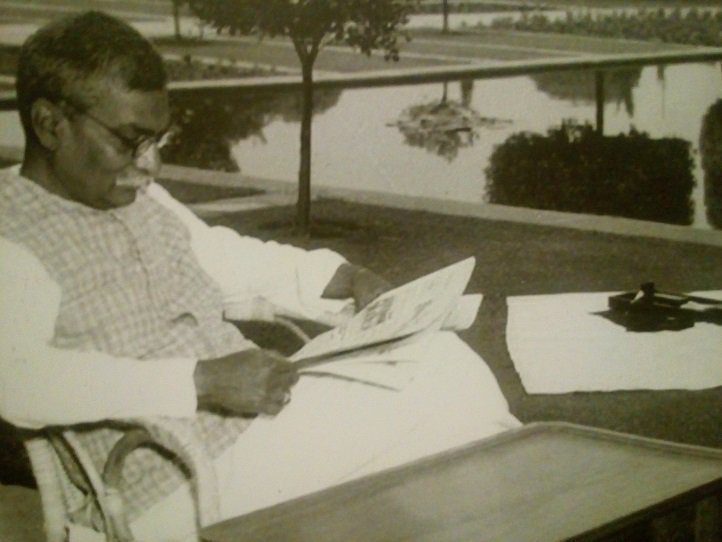
These days, when political disputes & corruption are at an all-time high, we can all learn something from the story of our 1st President, who was clearly an Indian first and a politician later.
Influenced by Mahatma Gandhi, he cut down his personal serving staff to one and got down to doing chores himself.
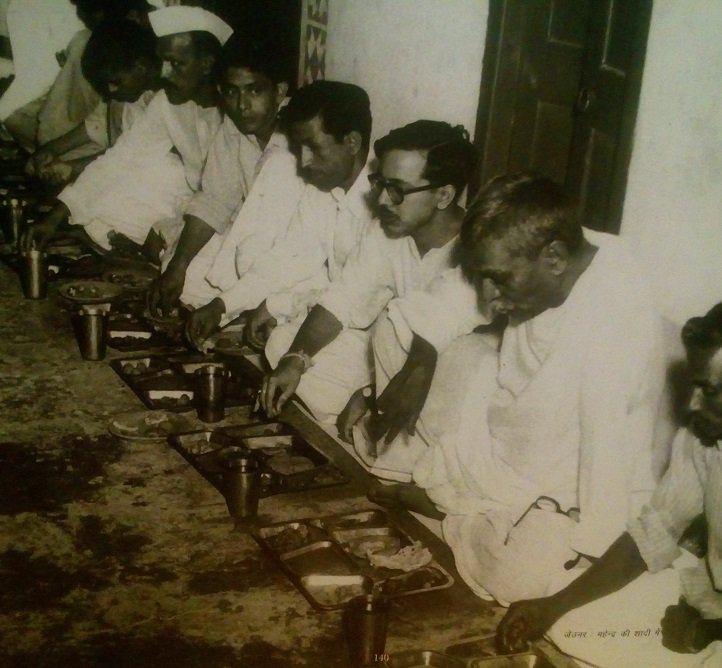
Even in jail, where he spent almost 3 years, he was more bothered about a scrape on one of his granddaughters’ knees, when the family visited, rather than anything else.
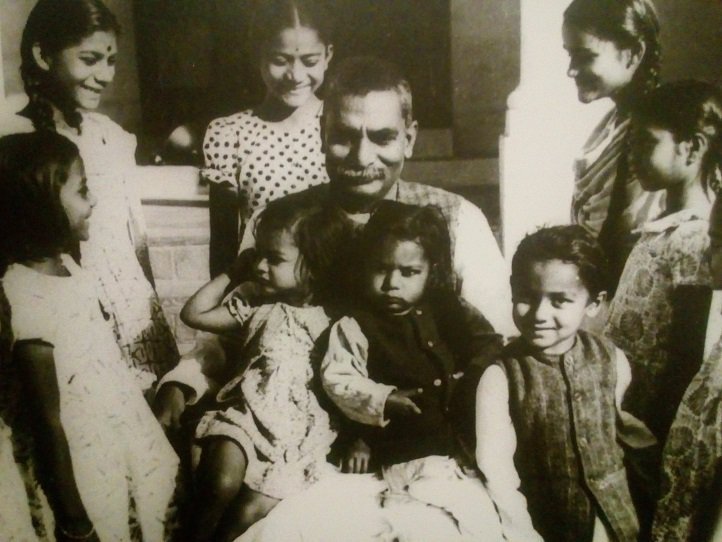
As kids, none of the grandchildren knew he was a prominent political personality. His wife, Rajbansi Devi, simply told them that he was their grandfather.
The family always believed in being humble.
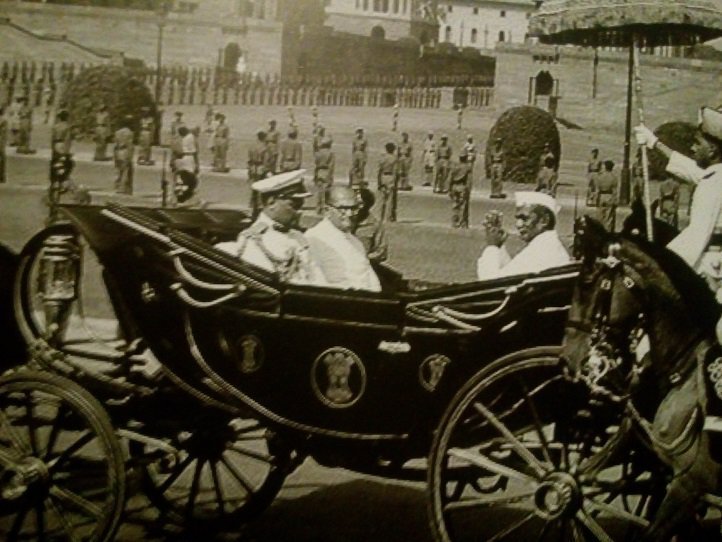
As president, he decided to only accept 50% of his salary. The salary of the president at that time was ₹10,000.
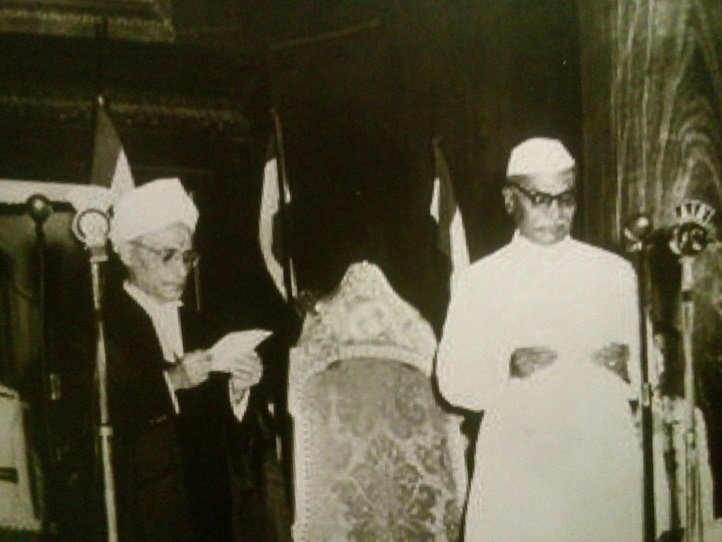
He was always a family man. He made sure that he had lunch with all his grandchildren when they returned from school.
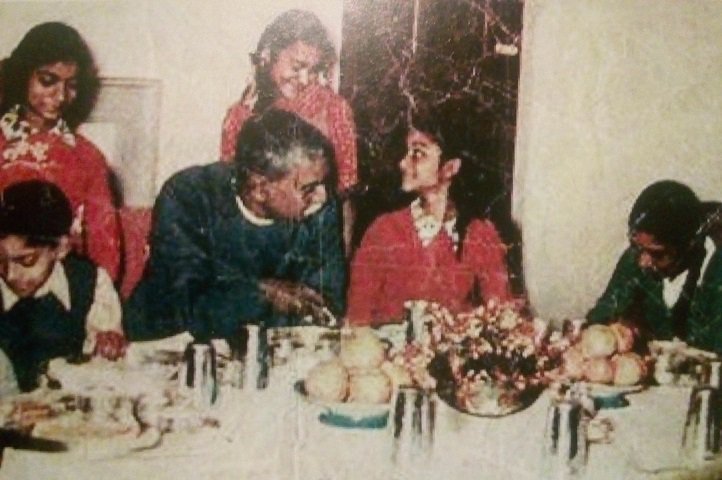
As president, he was offered many gifts which he always refused and returned because he had no interest in material gains. But he collected small mementos and autographs of various foreign dignitaries who visited India.
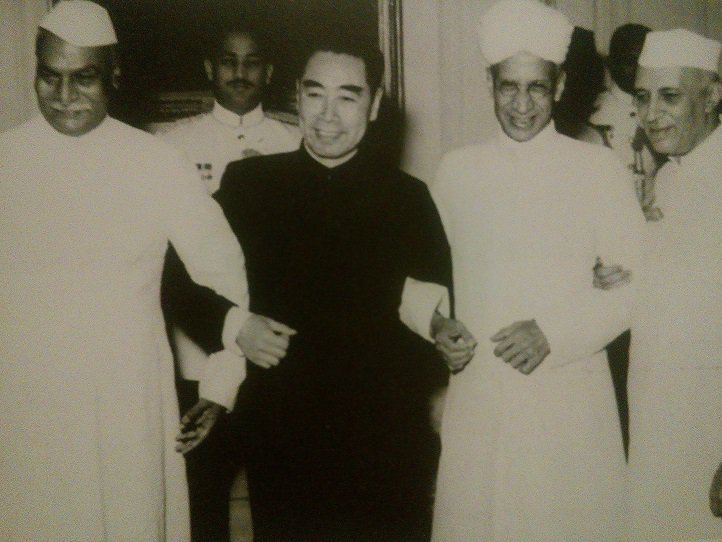
He was from an educated background and had adequate savings to buy a car for himself, which he did. But when a few politicians pointed fingers at him saying that he couldn’t have afforded it on a president’s pay, he immediately returned the car.
He did not allow gifts at any of his granddaughters’ weddings that took place during his tenure as president.
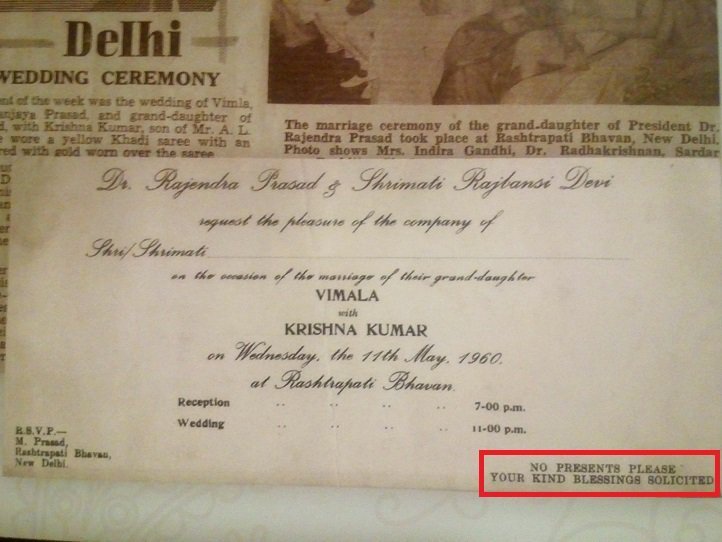
There was a tradition of giving saris to all the daughters of the house, whenever they got married. Instead of having someone else make it or buy a new one, he used to stitch it by hand.
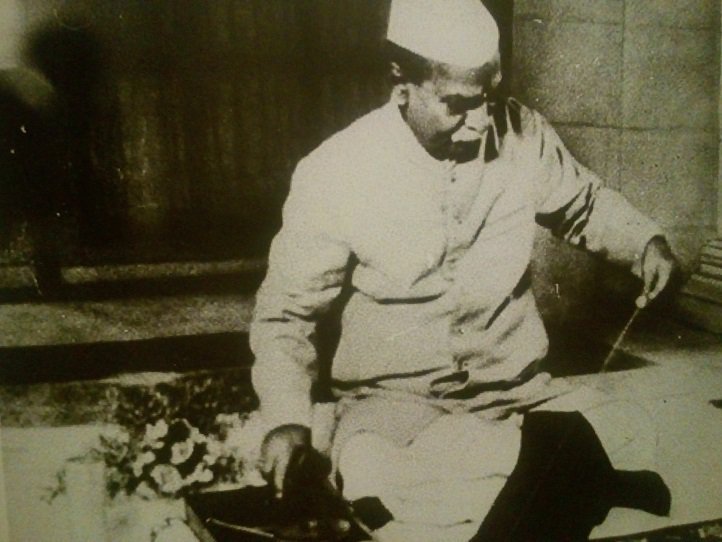
Towards the end of his tenure, he reduced his salary even further and only took 25%. Which only amounted to ₹2,500.
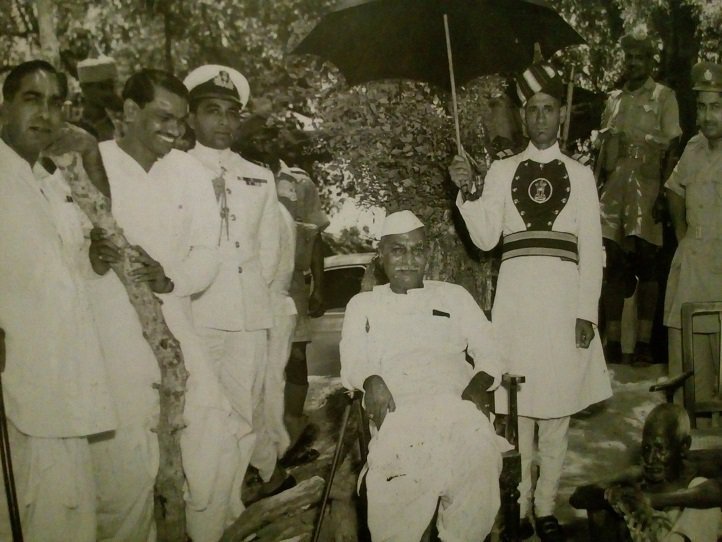
When he got unwell after retiring, instead of staying in the city, he returned to the Sadaqat Ashram in Bihar. He could have gotten better medical care in the city, but he simply said, “Main jahan se Dilli aaya hoon, wahin phir wapas jaaunga.”
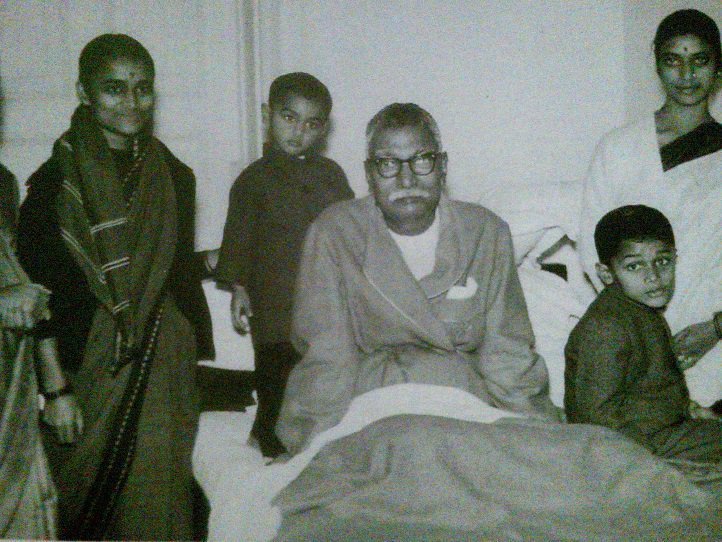
His demands were few and personal agendas even fewer. His simplicity influenced people all over the country. In these times of political turmoil, let’s hope that the powers that be can also take a leaf out of his book and lead us like he used to.
All images are property of his family and are subject to copyright

















